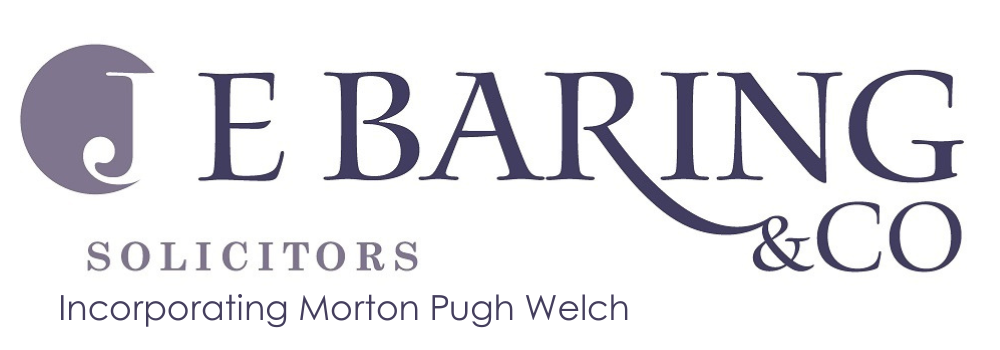Selling a business – restrictive covenants may still bite years later
A seller of a business will generally have been an employer and as such, sellers may be quite familiar with employment law generally and the issue of restrictive covenants in employment law in particular.
Those sellers that have encountered restrictive covenants will generally know that with employment contracts, any clause in a contract which is excessive in terms of time or geography will be unlikely to be upheld in a subsequent court or tribunal dispute.
In turn, when it comes to selling a business, that same employer seller may be tempted not to overly worry too much about restrictive covenants the buyer insists on in the business sale contract, thinking that the buyer is being ill advised for the reasons given above.
Such an attitude would be likely to be a mistake.
Contracts of employment are treated differently by the courts compared to a business sale contract, and a seemingly highly onerous restrictive covenant may be fully enforceable in the latter, so a seller should carefully consider his, her or it’s position, as confirmed by the case of Cavendish Square Holdings BV and another v El Makdessi [2012] EWHC 3582.
The case is not new law but is a good example of the repercussions of an incorrect belief that a very onerous clause won’t be enforceable either based on reasonableness of extent or in terms of the overall effect of breaching the restriction.
In the case in question, the seller agreed a non-compete clause lasting 8 and a half years. The clause in question was also linked to express clauses regarding consequences of breach of the contract, which in this case, it was argued, entitled the buyer to buy up the seller’s remaining shareholding at a discounted value. The seller argued that such a clause and consequence constituted a clear penalty clause, with such clauses generally being unlawful in English law (although subject to a number of exceptions which are complex).
The decision in the case went in favour of the buyer on both legal arguments, the main reasons being :-
- The buyer had paid multi millions for the goodwill in the business. The clause in question was proportionate to protect that very significant investment in goodwill.
- The clause had been fully negotiated on a level playing field between experienced lawyers for vendor and purchaser.
- The risk the seller constituted as a competitor to the buyer, which was significant and the fact he remained as a non-executive chairman/director of the company (with additional obligations under that appointment for some time after sale.
- Whilst the length of restriction was lengthy it in turn was linked to the seller having an option to terminate it early, albeit with certain commercial implications for him which he clearly considered were more important.
- The length of the restriction was to be construed in conjunction with the overall reasonableness and context of the clause. The seller could not put forward any legal precedents where a restriction otherwise reasonable had been held to be unreasonable on grounds of duration.
This case is of general significance for anyone selling a business but especially a business with significant intangible assets or goodwill, such as a technology business. The scenario also clearly indicates the importance of taking good advice and understanding that the context of negotiations for a contract may well be relevant.
